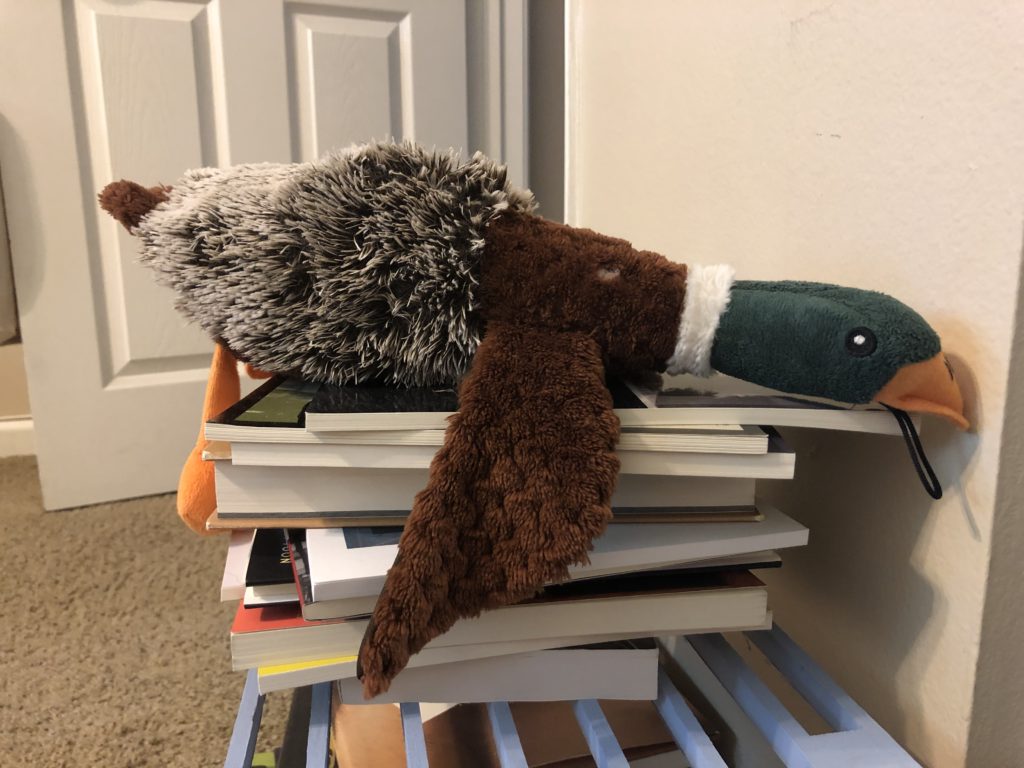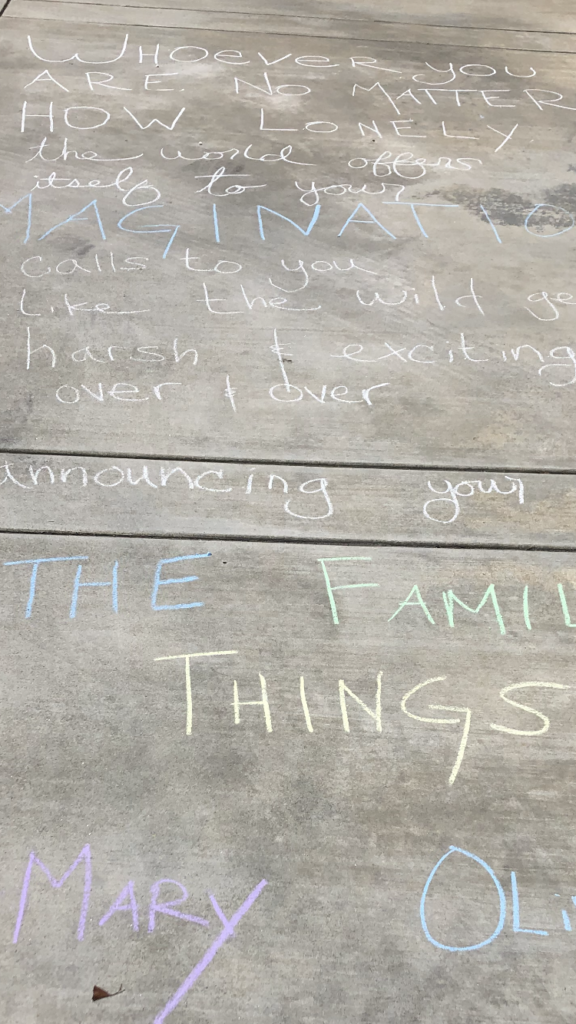Negative Capability, Debilitating Capacity, Momentary Clarity

For poets, “negative capability” is a buzz phrase—a well-known philosophy that describes the dreamy logic and “nonsensicality” of poems. John Keats famously defined negative capability as the ability “of being in uncertainties, mysteries, doubts, without any irritable reaching after fact and reason.” Poets and readers have long clung to Keats’s idea because it gets at what’s so evocative, and often attractive, about the poetic imagination—negative capability is freedom to relish in the unknown.
But not all find negative capability to be all that relieving. I find that some people who dislike poetry are often responding to a dislike of negative capability—I don’t get it, they say, what does it mean? They demand that the poem offer a resolution or an answer to questions in order for it be enjoyable, likable, or “good.” They might see the poem’s rejection of familiarity (familiar language, images, argumentation etc.) as a loss of what’s comfortable and normal, and not a form of liberation.
In our current state, I’m thinking about how it is easier to accept negative capability when our backdrop consists of normalcy, facts and reason, and certainty—it is hard to willingly float into the unknown when we are drowning in the unknown. When will things go back to normal? Will we have ‘normal’ again? What does this all mean for our present and future?
On most days, these incessant questions rattle around in my mind, as I blankly go through the motions of my day-to-day. And I’d rather have answers to these questions before wading through the ambiguity of a poem. Yet on some days, I find that a poet’s grappling or grieving on the page mirrors my own, and this offers a kind of catharsis, or a sense of communion.
I said this before, and I’ll say it again, poems may or may not be what you need right now, and that is okay. And if you are like me, you might be feeling more despair than hope, and that is okay too. But there are moments, moments spent with people (safely and distantly), poems, and poets that may for a short while, be as Mary Oliver writes: “announcing your place / in the family of things.”

—Stacey Park
Share